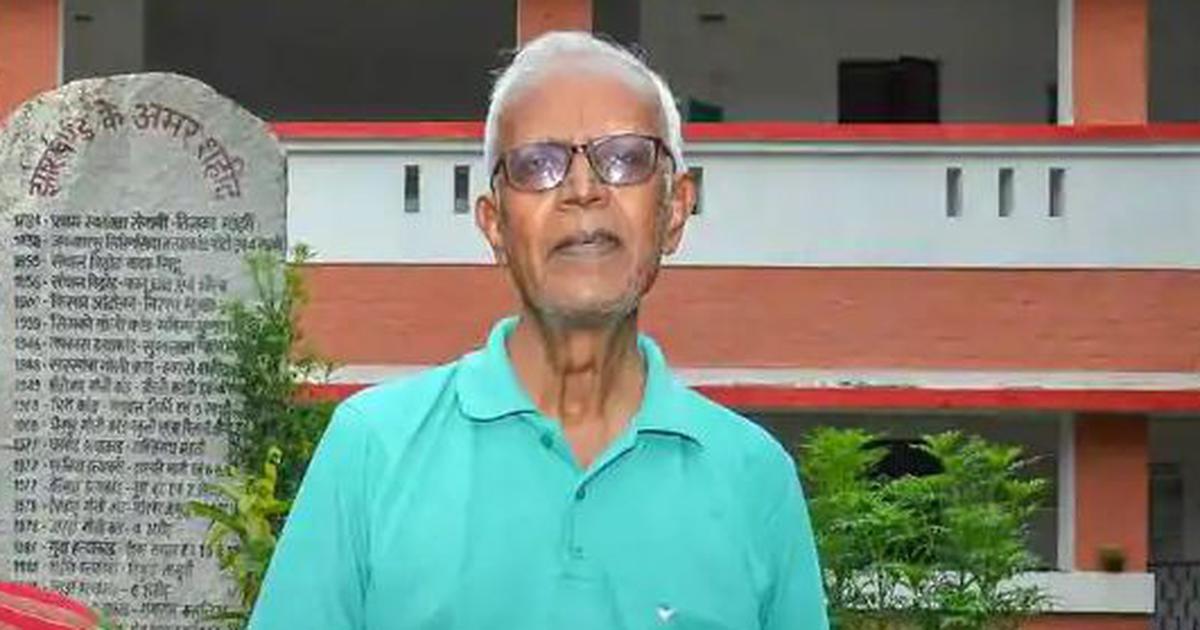
4,690 UAPA arrests between 2018-21; only 3.1% convictions

Authorities arrested 4,690 people across India under the Unlawful Activities (Prevention) Act (UAPA) between 2018 and 2021, but only 149 detainees have so far been convicted, according to figures provided by the government.
That means only 3.1 per cent of the arrests under the draconian law in the past three years have ended in convictions.
Union Minister of State for Home Nityanand Rai told the Rajya Sabha on Wednesday (December 22) that 1,421 people were arrested in 2018 under the anti-terror law, 1,948 in 2019 and 1,321 in 2020.
Thirty-five people were convicted in 2018, 34 in 2019 and 80 in 2020, the minister said in a written reply to a question.
Rai said the convictions were an outcome of an elaborate judicial process and were dependent on various factors, such as duration of the trial, appraisal of evidences, examination of witnesses.
“There are adequate constitutional, institutional and statutory safeguards, including inbuilt safeguards in the UAPA itself, to prevent misuse of the law,” he said.
The Unlawful Activities (Prevention) Act was first passed on December 30, 1967, for the “effective prevention of certain unlawful activities of individuals and associations, [and for dealing with terrorist activities], and for matters connected therewith”. In 2009 Parliament inserted a dedicated chapter towards punishing terrorist activities.
In 2019, the law was amended again, allowing the government to tag individuals as “terrorists”. Earlier, it could only designate organisations, and not individuals, as terrorists.
The UAPA’s stringent provisions make bail extremely difficult. As a result, the arrested people often spend years behind bars waiting to be tried in court.
In recent years, scores of journalists, activists and students have been booked under the Act, leading to widespread criticism of the law.
In the 2018 Bhima Koregaon case, activists and academics accused of inciting violence have now been in jail for three years now without the trial even commencing.

In July this year, Stan Swamy, an 84-year-old Catholic priest and a tribal rights activist who was arrested for his alleged role in Bhima Koregaon, died awaiting trial. Swamy was suffering from Parkinson’s disease and had requested bail on medical grounds, which was rejected multiple times. His death led to global condemnation, with human rights officials from the European Union and the United Nations calling the Jesuit priest a defender of indigenous people’s rights in India.
Also read: ‘Stan will live forever in the midst of the struggling masses’
Sudha Bharadwaj, a trade-unionist, activist and lawyer, is another accused in the case. She was given bail earlier this month after an incarceration of more than three years.
There are also several instances of people getting arrested for actions that do not seem to be related to terrorism. These include smuggling, selling a SIM card without verification and “misusing” social media.
Also read: Editors Guild condemns arrest of 102 people in Tripura under UAPA
In November, the Tripura government booked 102 social media accounts under UAPA as well as various sections of the Indian Penal Code dealing with offences such as promoting enmity between different groups on the grounds of religion and criminal conspiracy. These social media handles had published posts about the recent communal violence in Tripura.

